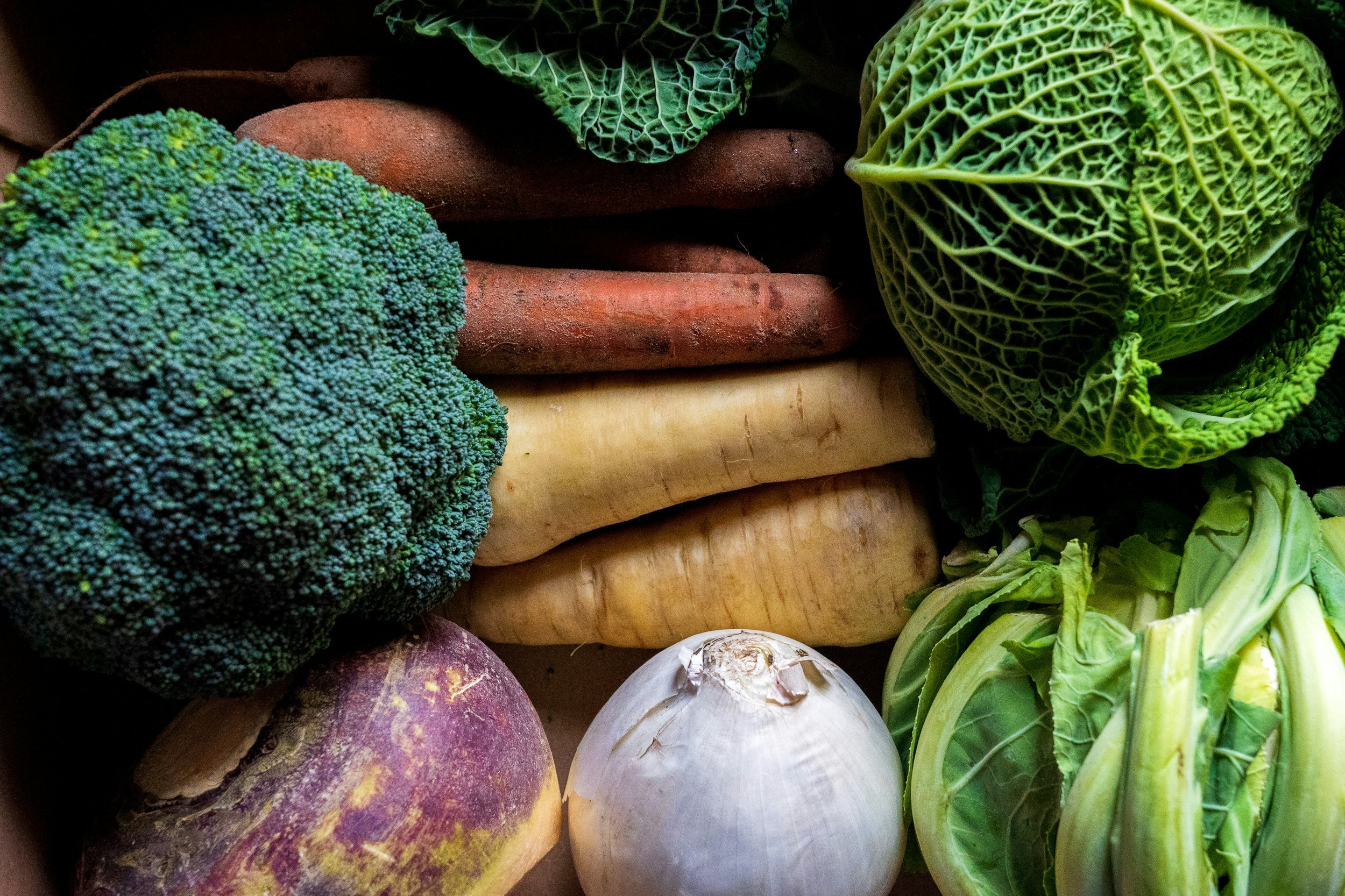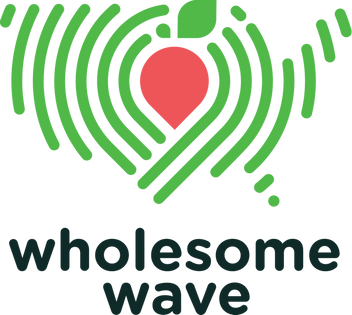

The Problem:
In Connecticut, approximately 650,000 residents struggle with hunger and food insecurity. 1 in 11 births in Connecticut are premature - only Maine has a higher rate among all New England states.
Having limited access to affordable, nutritious food can be especially detrimental for pregnant women and their children. Low-income women are more likely to experience adverse health outcomes during pregnancy, birth and postpartum, such as gestational diabetes, hypertension, or preeclampsia.
These negative health impacts not only affect the mother but have significant, downstream effects on their child’s short- and long-term growth and wellbeing. Babies born to food-insecure or low-income mothers are at greater risk of being low birthweight, preterm, or experiencing developmental delays.
A critical time window that defines a child’s future well-being is within the first 1,000 days of life, and research has shown that increased nutrition security during pregnancy and early childhood significantly impacts a child’s capacity to grow, learn, and thrive, including into adulthood, while lowering the need for additional medical care that often continues throughout life.
The Solution:
We started the Food4Moms Produce Prescription Program with three main goals:
Provide fresh fruits and vegetables to under-resourced pregnant moms in Connecticut, along with the nutrition and food preparation education
Implement world-class research that can quantify the improved health outcomes and inform policy decisions
Quantify best practices for the design, implementation and measurement of maternal produce prescription programs
Our nearly 20 years of leadership in produce prescription programs allowed us to build a network of partners to bring expertise in all key areas. Partners include Yale School of Public Health, Tufts University Food is Medicine institute, Hispanic Health Council, Southwest Community Health Center, Anthem Blue Cross and Blue Shield Foundation, Point32 Health Foundation, Fresh Connect and local grocery stores Food Bazzar.
We co-designed the program with input from pregnant moms using FED Principles. We are also analyzing medical data and are conducting a series of pre, mid and post-program surveys and interviews. This rigorous approach has resulted in successful implementation in Hartford and Bridgeport, Connecticut’s two poorest urban centers with the highest poverty and nutrition insecurity populations.

The Results (so far)
Delivering Impact. Defining Success.
Some early results from our first pilot in Hartford include:
Increased food and nutrition security from baseline to post-program
Much higher than normal redemption rates for the monthly produce prescription programs
Increased consumption of fruits and vegetables
Our partners at Yale are accumulating data and will compile a complete research report and peer reviewed publications to be released soon.

What’s Next?
A Brighteer Future
Our focus for the future includes:
Working with Yale to finalize the Pilot 1 Hartford data and distribute the learnings in order to raise awareness of the benefits of maternal produce prescription programs
High fidelity implementation of our Pilot 2 Bridgeport program with a sharp eye on the impact of the changes made between Pilot 1 and Pilot 2 from our initial learnings.
Raise funds for Pilot 3 which we hope to launch in lower income rural parts of Connecticut so the program can be tessted against all major low income demographic groups within the state.
You can help us implement complete this important multi-year program by making a donation today.





